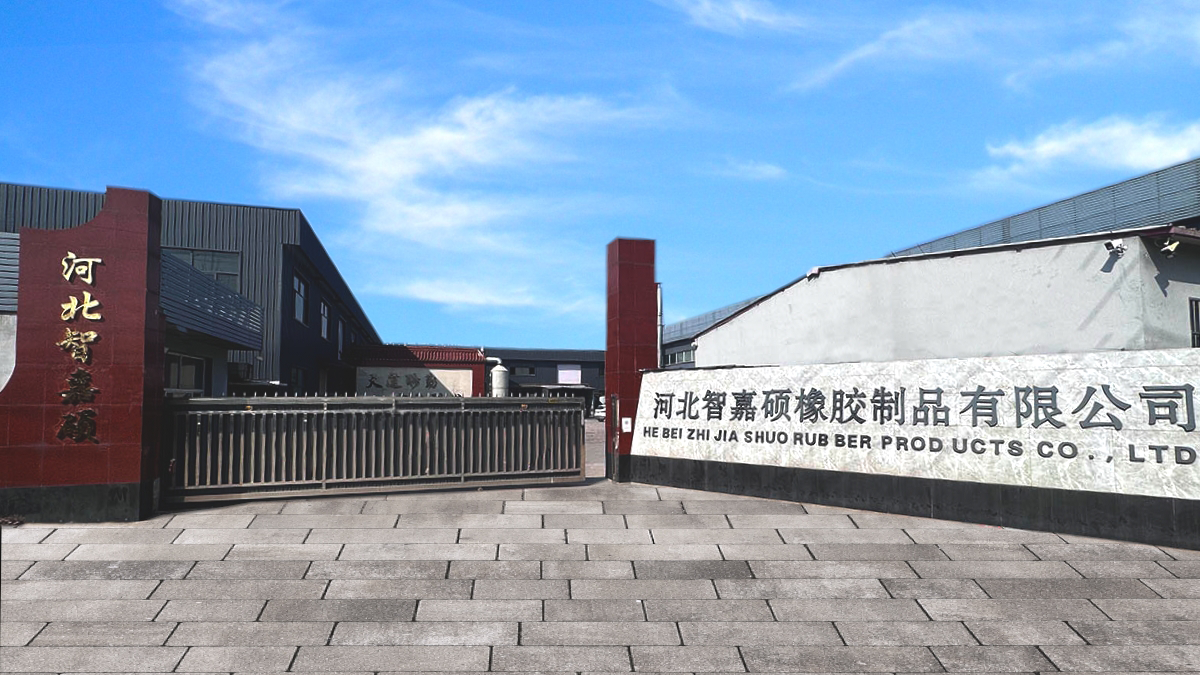Recently, Yemen's Houthi organization claimed responsibility for a missile attack on the US aircraft carrier Eisenhower in the Red Sea. This incident not only showcases the growing attack capabilities and threats of the Houthi forces in the region but also reflects the provocative actions of Iran-backed Houthi forces against the US and its allies. This is not only a direct threat to US military power but also a serious challenge to the safety of the Red Sea, a crucial global maritime transport route.
The Far-Reaching Impact on Red Sea Maritime Security
The Red Sea, as a key maritime transport route connecting Europe, Asia, and North American markets, is of undeniable importance. The recent attack has had immediate and far-reaching effects on shipping safety. Following the incident, some vessels were forced to reroute around the Cape of Good Hope in Africa. This change not only significantly increases shipping time but also leads to a substantial rise in shipping costs. Rerouted ships need to consume more fuel, directly increasing operational costs. Additionally, the extended voyage lengthens cargo delivery times, further affecting the efficiency and reliability of supply chains. Such disruptions to shipping not only pose a tangible threat to vessel safety but also potentially increase insurance costs and heighten crew safety concerns.
Chain Reactions on Global Trade
The strategic importance of the Red Sea shipping route means that disruptions can cause chain reactions in international trade. Nearly 10% of the global maritime oil trade passes through the Red Sea. Any disturbance could severely impact the oil supply chain, leading to fluctuations in energy prices. Moreover, a large number of container ships carrying goods manufactured in Asia could experience delays in delivery, negatively affecting the global supply chain and impacting global manufacturing and consumer markets.
Challenges and Response Strategies for ZJS_Rubber
ZJS_Rubber believes that this incident poses challenges of rising transportation costs and extended delivery times for China's rubber seal export industry. These challenges not only affect the industry's competitiveness but could also reduce market share. As key components in industrial manufacturing, rubber seals have high demand and widespread global distribution. Changes and delays in transport routes not only increase operational pressure for companies but also negatively impact the production cycles and inventory management of downstream manufacturing enterprises.
Shipping disruptions might prompt some companies to reassess their supply chain strategies, considering shifting parts of production and logistics back domestically or to other more stable regions. This trend could temporarily slow globalization and further affect the global trade landscape. Meanwhile, the international community might increase attention and investment in the security situation in the Red Sea region to ensure the safe passage of this vital route and maintain the stability and prosperity of global trade.
Conclusion
The Houthi attack on the US aircraft carrier has sparked widespread concern on military and political levels and has had a tangible impact on global shipping and trade systems. Addressing this new challenge will test the international community's wisdom and capability in maintaining the safety of maritime transport routes and ensuring the smooth flow of global trade.
At ZJS_Rubber, we will continue to closely monitor the situation and proactively adjust our supply chain strategies to ensure we can continue providing high-quality rubber seals to our global customers during this turbulent period. We are committed to maintaining our industry-leading position through flexible responses and innovative solutions, providing reliable support for global manufacturing.


